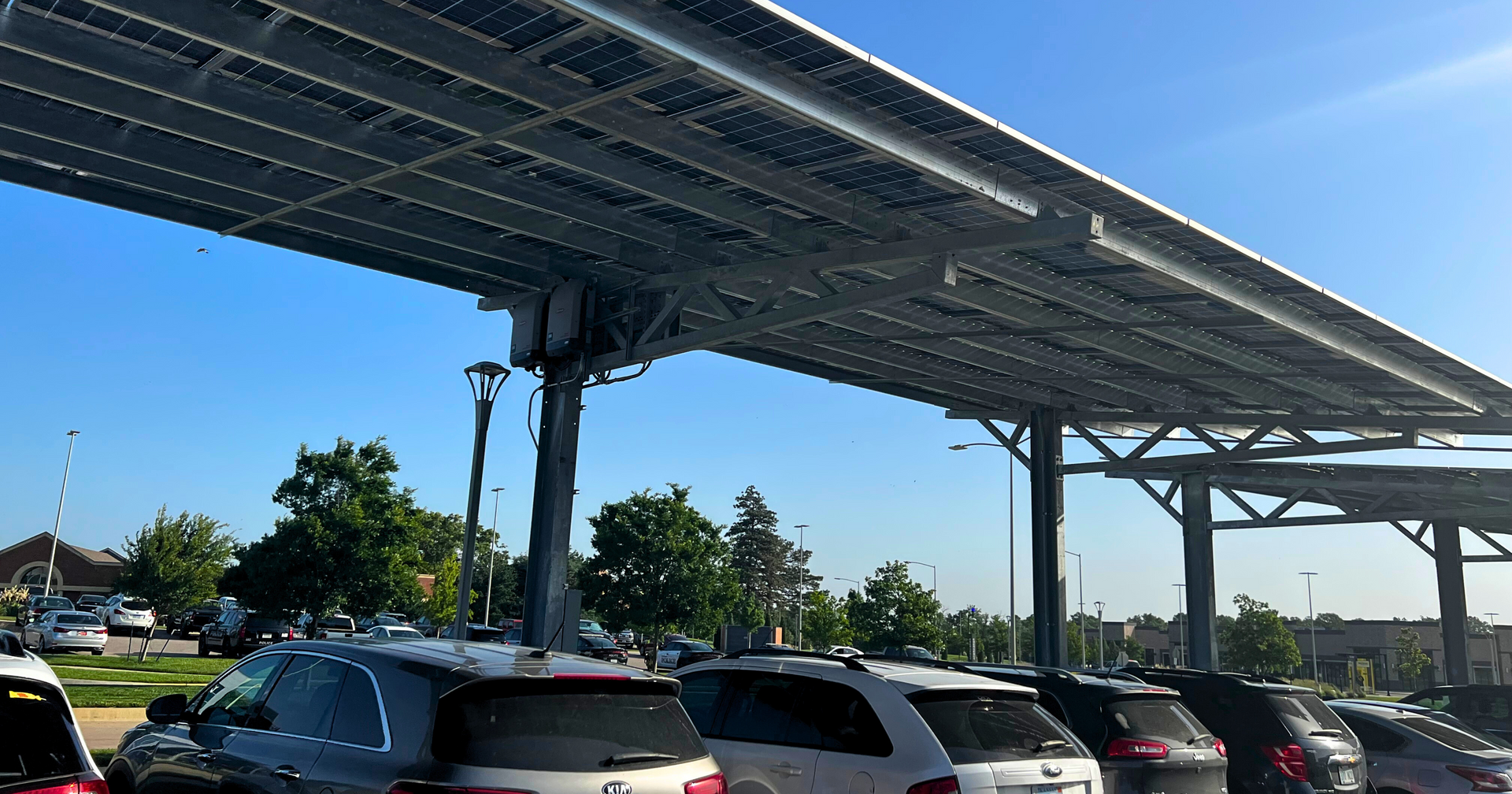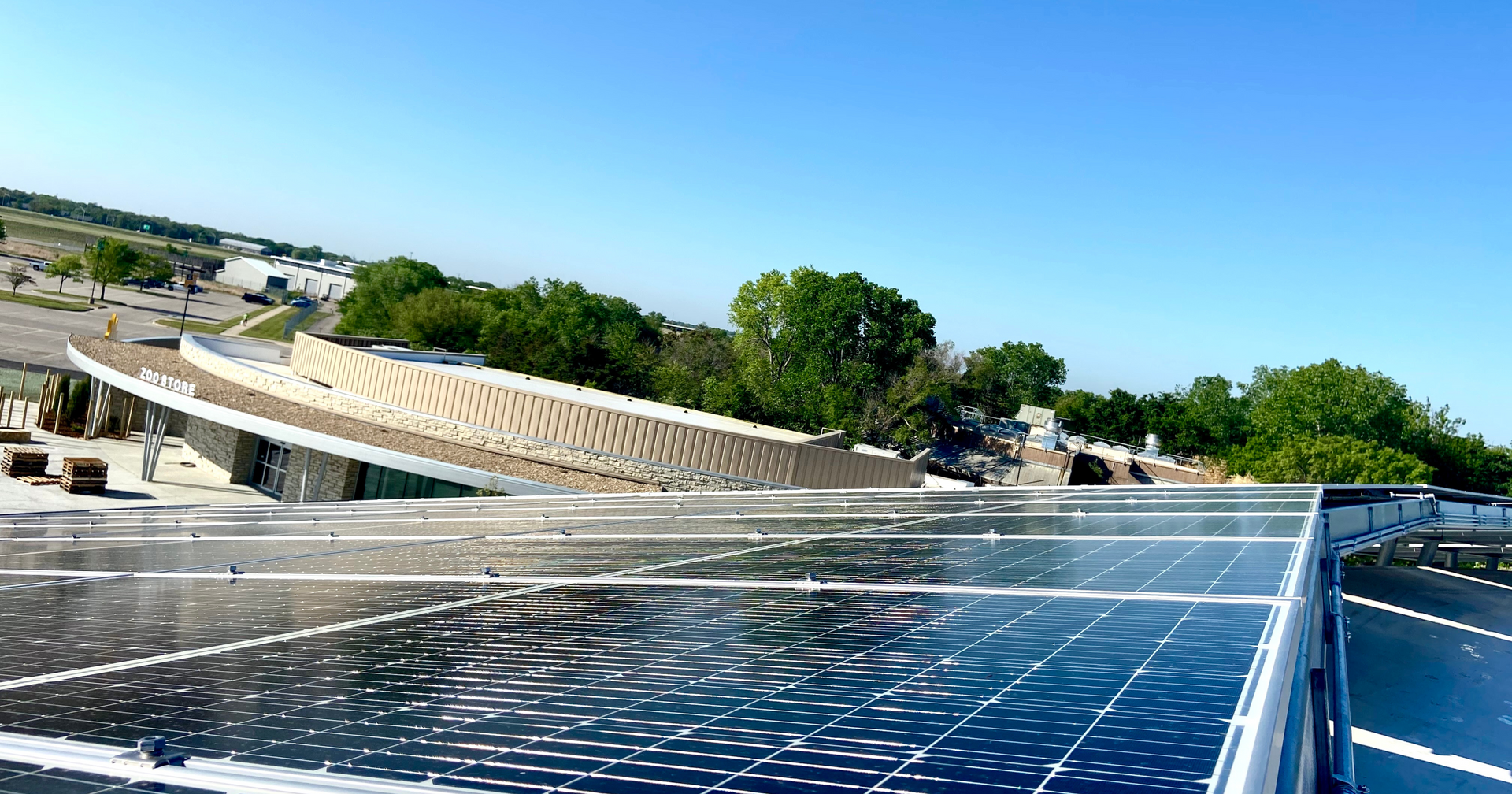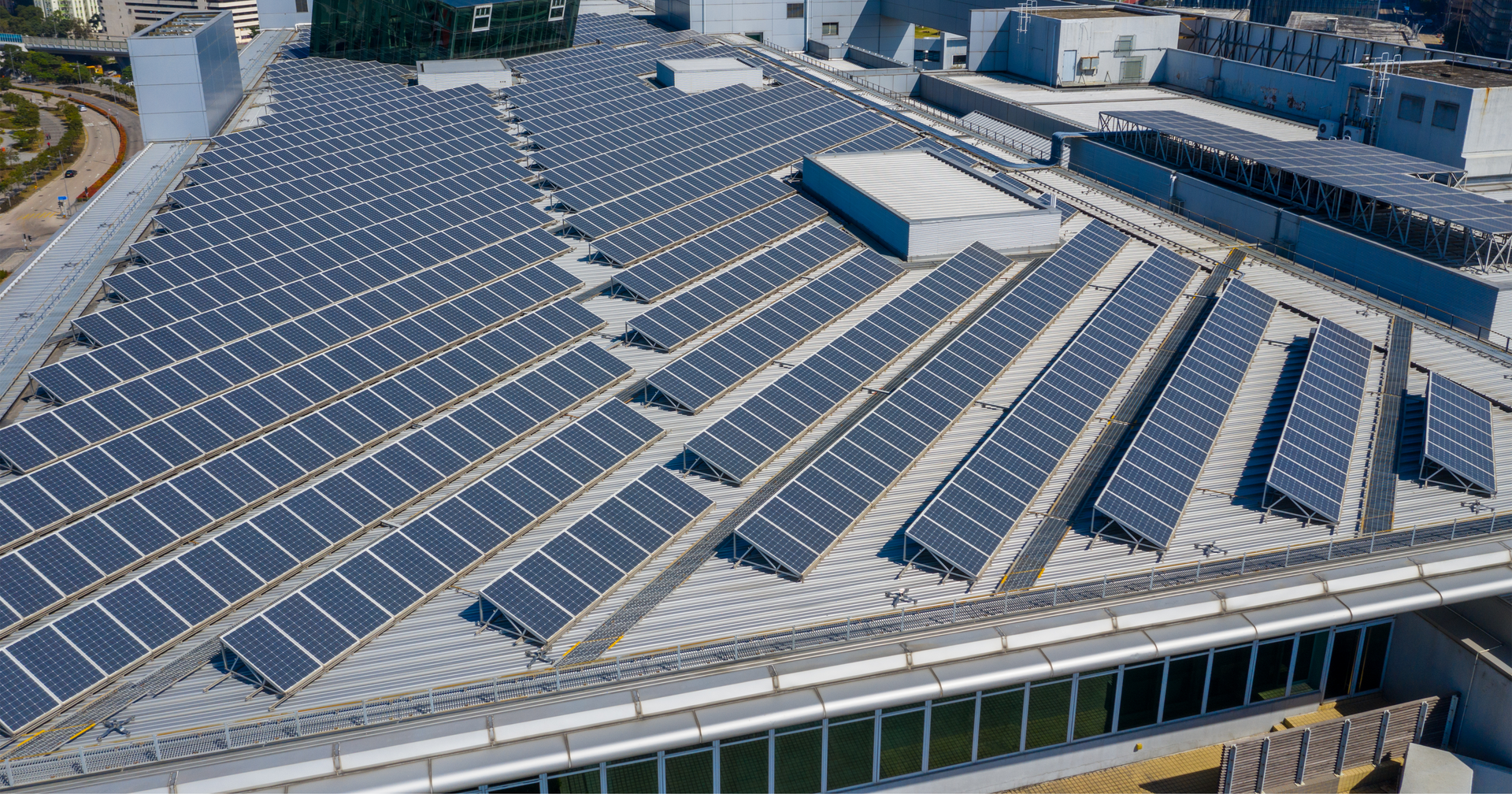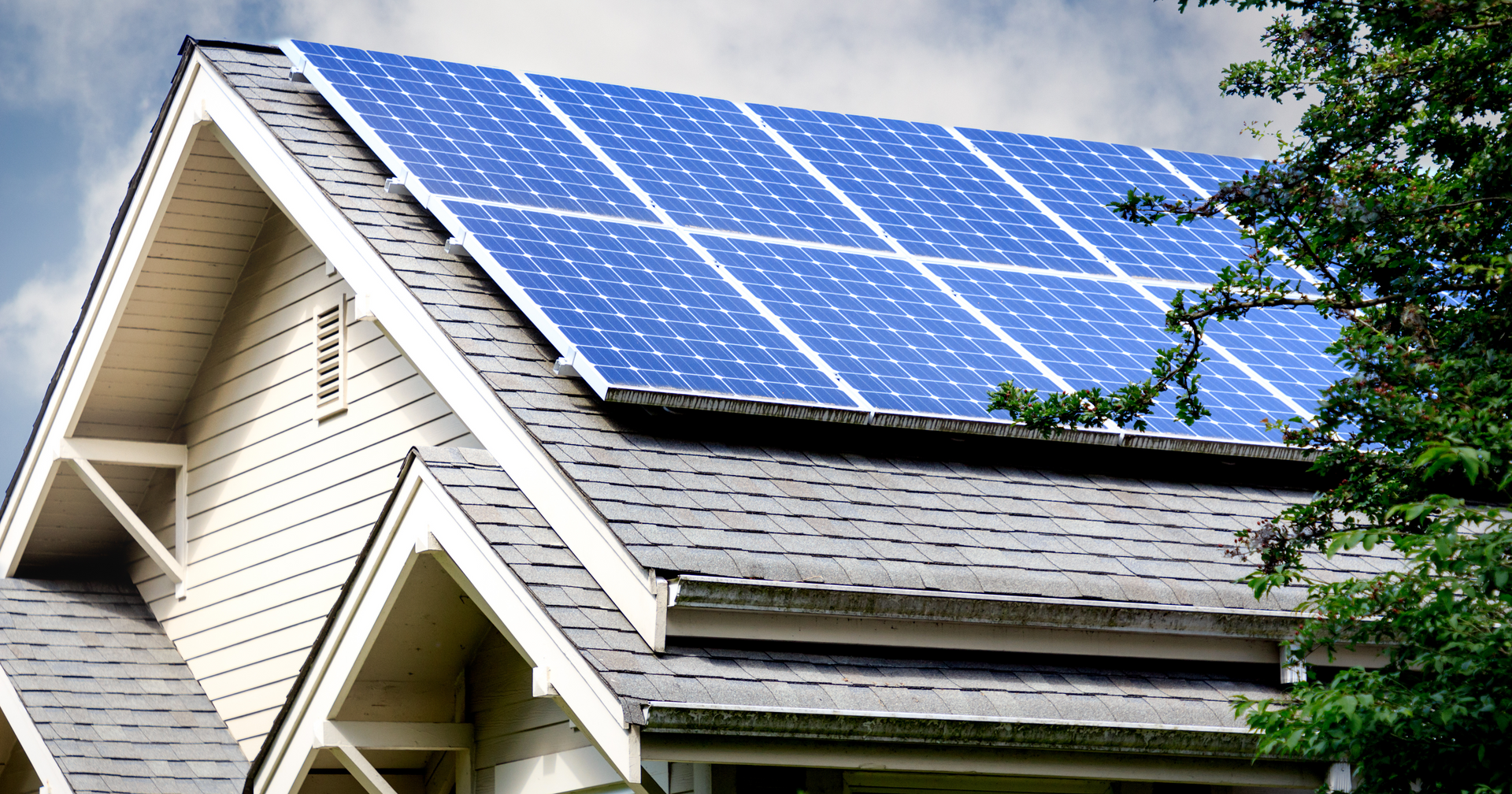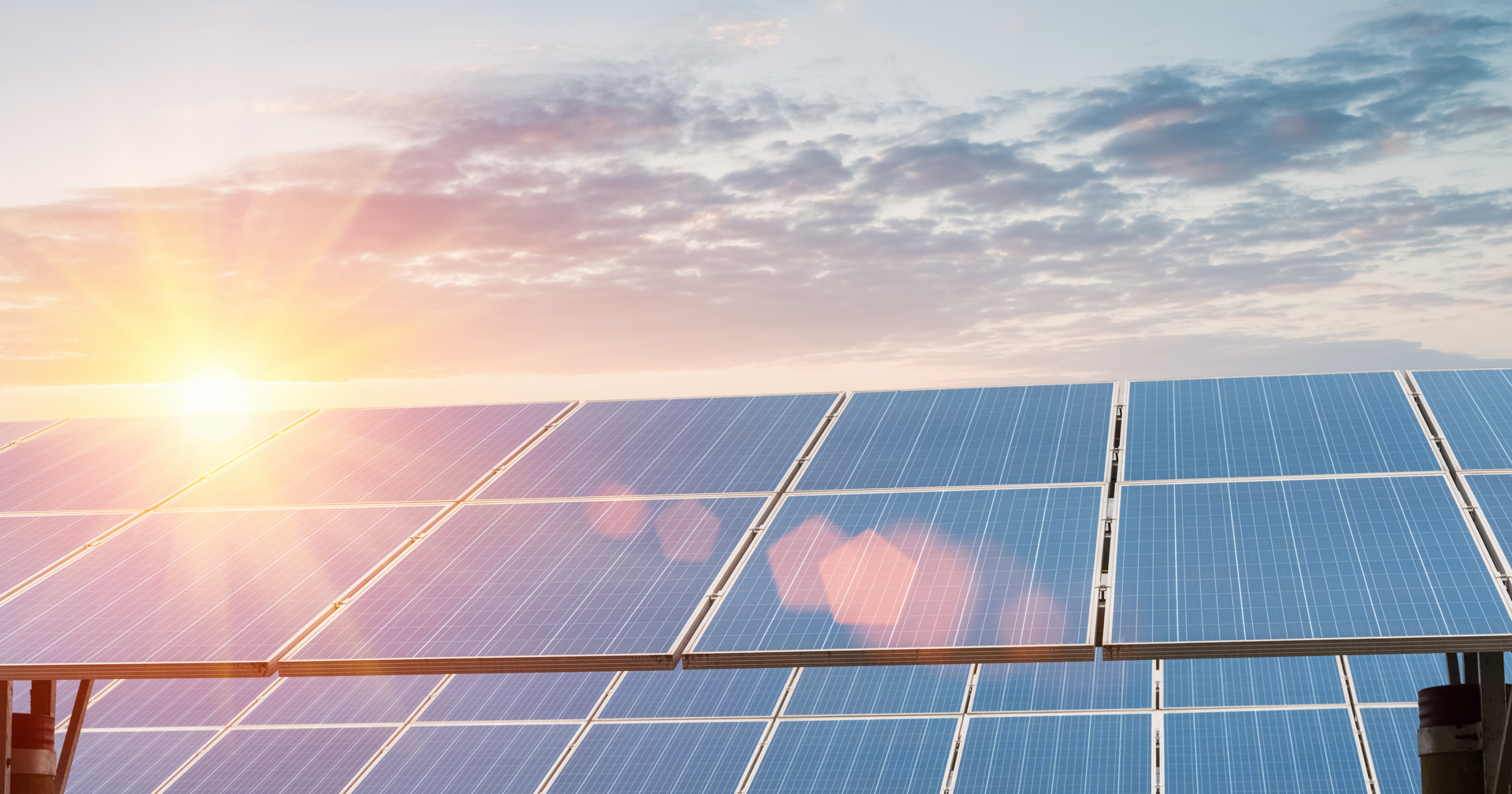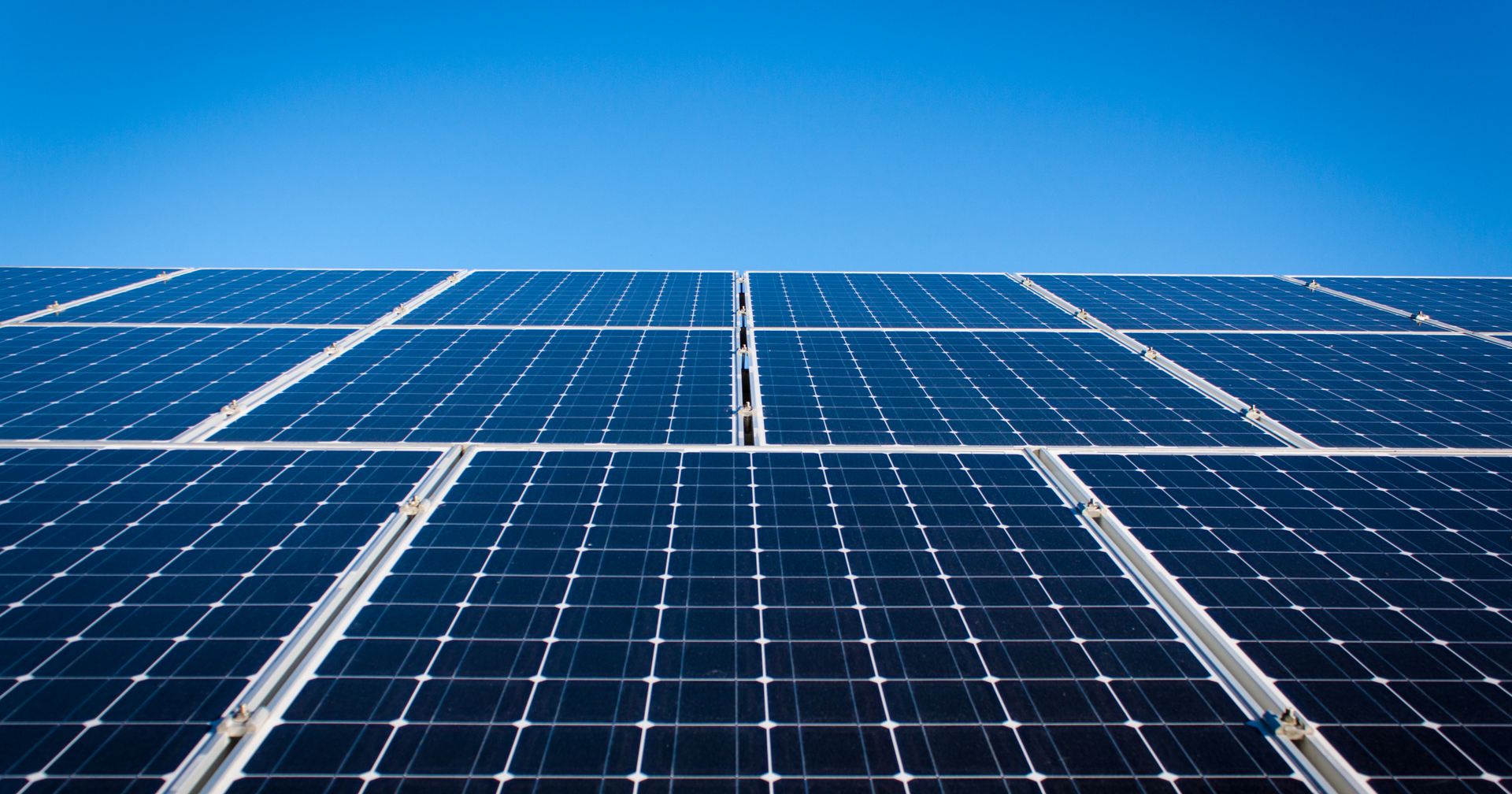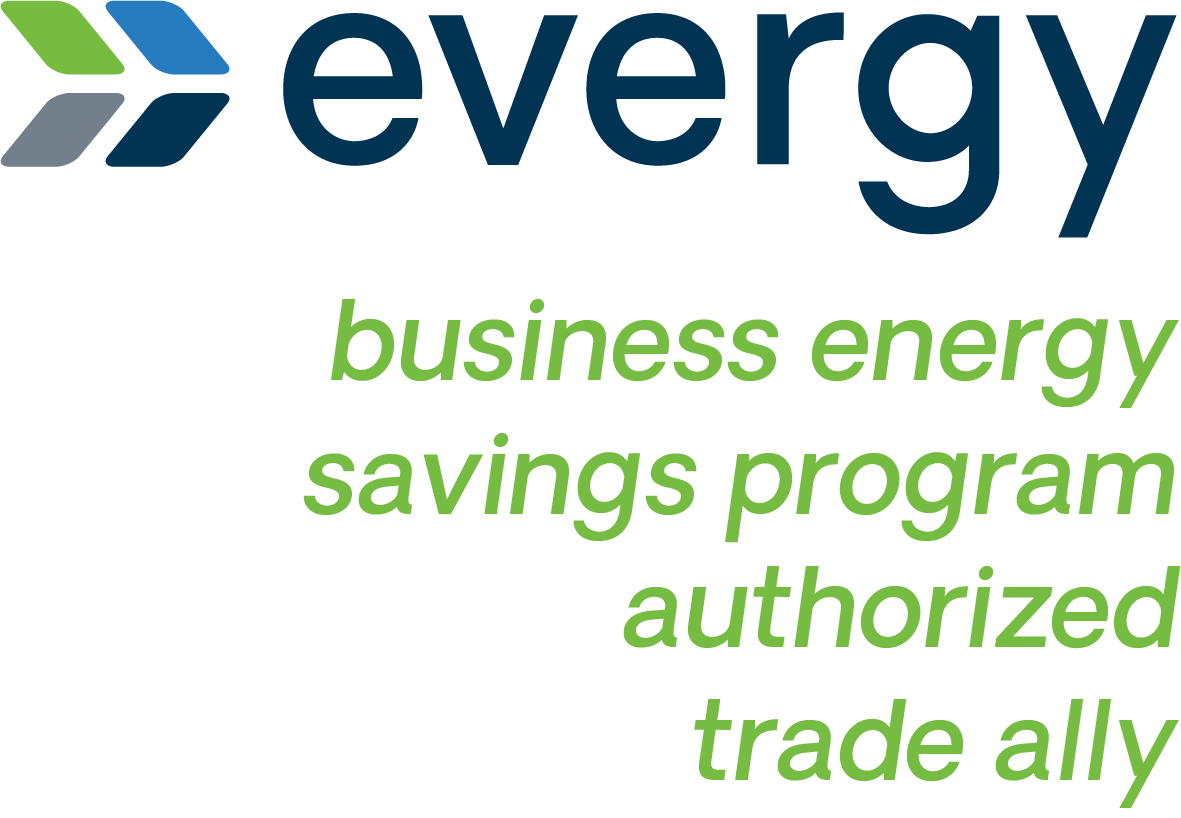Making the Switch: Solar Energy vs. Traditional Power
Powering Tomorrow: Solar Energy's Rise

In an era where environmental concerns and sustainable living take center stage, the choice of energy sources has never been more critical. Traditional power generation methods have long been the norm, but as technology advances, so do our alternatives. Solar energy is emerging as a powerful contender, harnessing the sun's abundant and renewable power.
Traditional Power: The Familiar Landscape
For decades, traditional power sources like coal, natural gas, and nuclear energy have powered our homes and industries. These methods involve burning fossil fuels or nuclear reactions to generate electricity. While they have served us well, they come with significant environmental concerns, such as greenhouse gas emissions and radioactive waste.
Despite their drawbacks, traditional power sources are reliable and have the advantage of an established infrastructure. However, they are finite resources and their costs can be influenced by geopolitical factors and market fluctuations. As the global focus shifts towards sustainable practices, alternatives like solar energy are gaining momentum.
Solar Energy: Capturing the Sun's Potential
Solar energy presents a cleaner and renewable alternative to traditional power. By harnessing the sun's rays through photovoltaic cells, solar panels generate electricity without emitting harmful pollutants. The benefits are numerous:
- Environmentally Friendly: Solar energy is virtually emission-free, contributing to reduced carbon footprints and mitigating the impacts of climate change.
- Renewable: The sun is a constant source of energy, ensuring a sustainable power supply for generations to come.
- Lower Operating Costs: Once installed, solar panels require minimal maintenance and have lower operating costs compared to traditional power sources.
- Energy Independence: Solar energy provides a degree of energy independence, reducing reliance on external energy sources and potential price fluctuations.
- Incentives and Savings: Many governments and regions offer incentives, tax breaks, and net metering programs for solar installations, making it an economically attractive option.
Considerations for Making the Switch
While solar energy holds immense promise, there are considerations to keep in mind:
- Initial Investment: The upfront cost of purchasing and installing solar panels can be significant, though it often pays off through long-term energy savings.
- Intermittency: Solar power generation depends on sunlight, making it intermittent. Energy storage solutions like batteries can help mitigate this challenge.
- Geographical Factors: Solar efficiency varies based on geographic location, with regions receiving more sunlight yielding better results.
- Aesthetic Impact: Some individuals might be concerned about the aesthetics of solar panels on their properties.
The shift from traditional power to solar energy signifies a transition towards sustainability and environmental responsibility. While both methods have their merits, solar energy emerges as a promising solution to the challenges posed by conventional power generation. As technology advances and costs continue to decrease, solar energy will likely become an even more accessible and viable option for homes and businesses alike. At Alternative Electric, we understand the importance of this transition. Together, we can shape a greener and more sustainable future. Contact us today!
